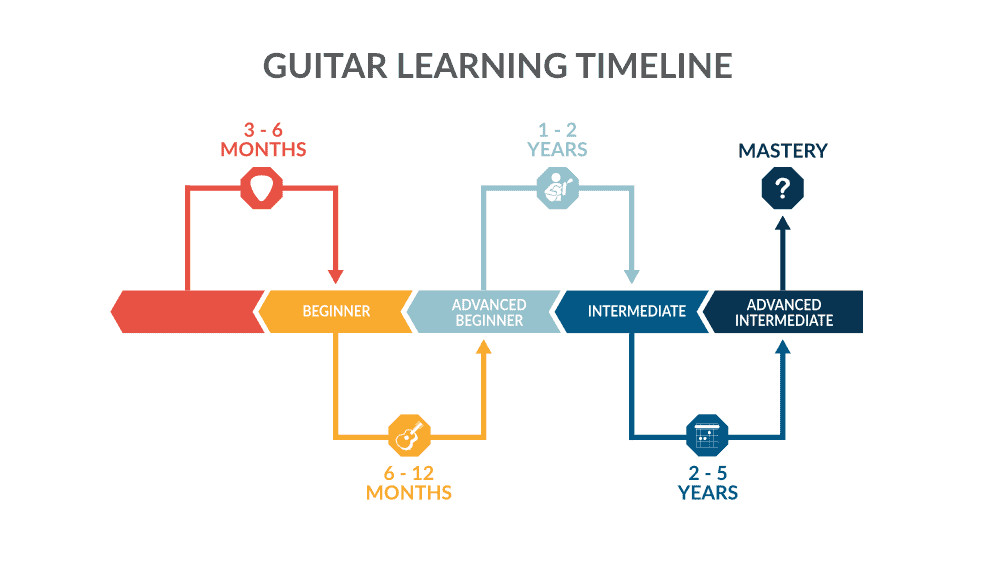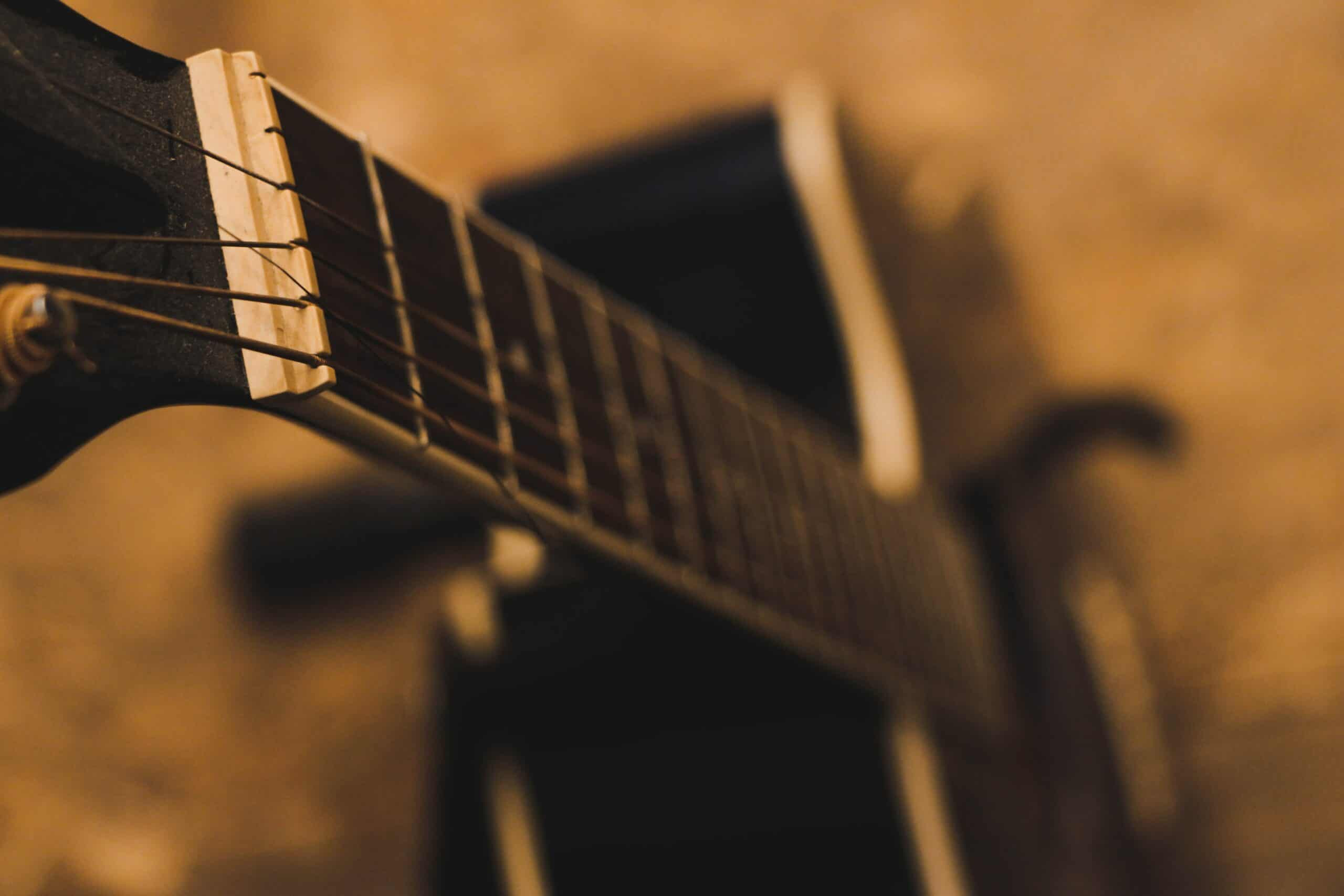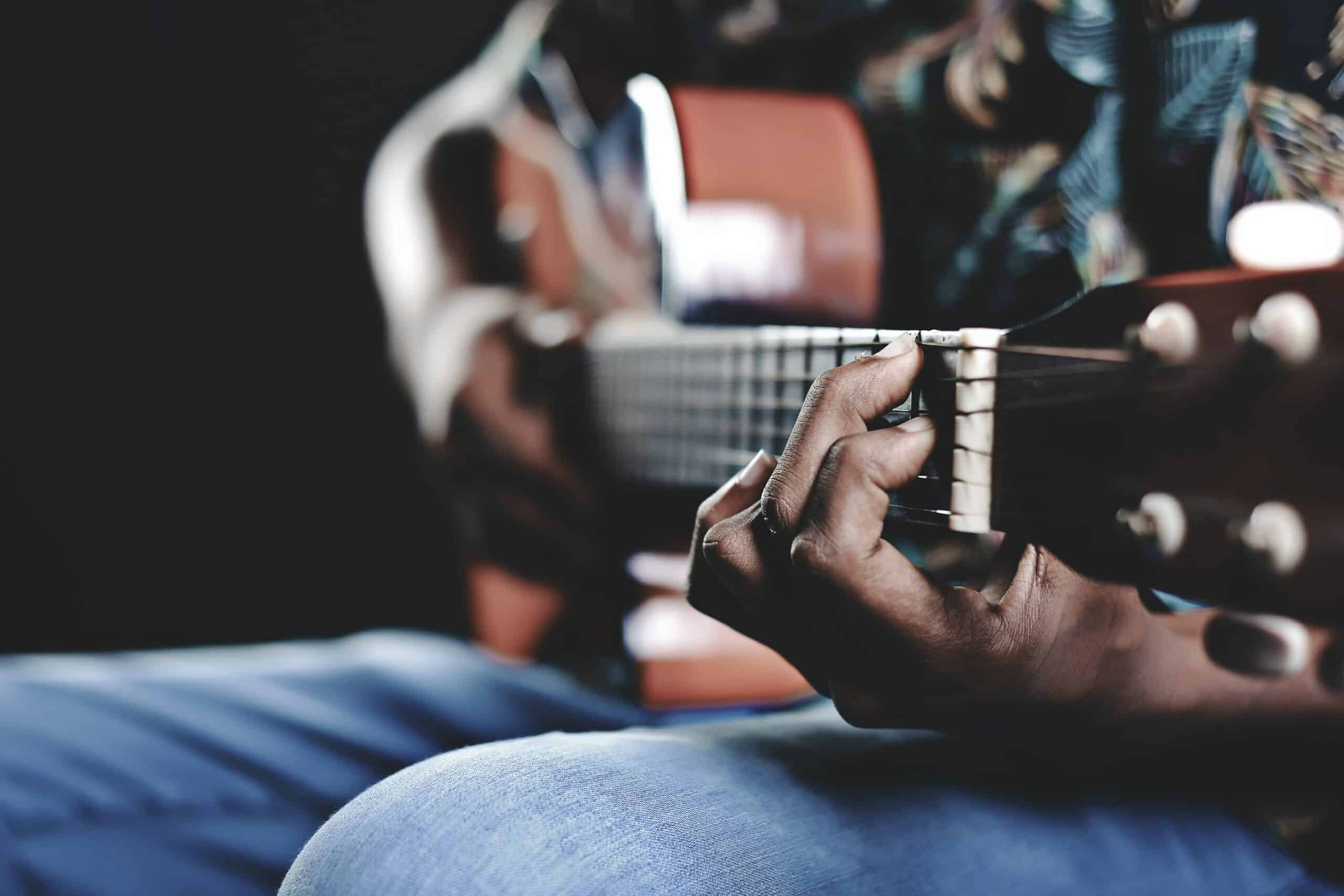It’s a question that plagues every aspiring guitarist: “How long will it take for me to get good at guitar?” If you’ve found yourself pondering this, you’re certainly not alone. It’s natural to want to gauge the journey ahead, to know if the effort you invest will yield satisfying results.
The truth is, there’s no magic number. Defining “good” is subjective and varies wildly from person to person. Instead of searching for a definitive answer, let’s explore a realistic timeline of what you can expect at each stage of your guitar learning adventure. This will give you a clearer picture of the path ahead and help you set achievable expectations.
 Guitar Learning Timeline
Guitar Learning Timeline
It’s crucial to remember that everyone’s journey is unique. Learning speeds differ, and the amount of time dedicated to practice varies greatly. Take heart knowing that every guitar legend, from Eddie Van Halen to Jimi Hendrix, started exactly where you are right now – at the beginning.
Another frequent question arises: “When will I be able to actually play something recognizable?” After all, the desire to play songs is often the spark that ignites our guitar journey! Here’s a breakdown of a typical learning timeline, keeping in mind that individual progress will vary.
Beginner Phase: 3-6 Months
In my experience teaching guitar, most students start to feel a sense of accomplishment within the first 3 to 6 months. This is when you’ll likely begin to play simple songs and riffs that you enjoy. However, this phase can also be a reality check. You might realize that learning guitar requires more dedication than initially anticipated. You’re in the process of building essential calluses on your fingertips, developing hand strength and coordination, and grasping fundamental techniques that are crucial for future progress.
Unfortunately, some aspiring guitarists lose momentum during this phase. The initial excitement might wane as the challenges become apparent. However, those who persevere and maintain a positive attitude are rewarded with continued progress into the next stage.
Advanced Beginner Phase: 6 Months to 1 Year
As you move past the initial beginner stage, you might experience a feeling of slower progress. In the beginning, everything is new, leading to rapid learning and noticeable improvements almost daily. After around six months, while you are still learning and developing, your personal standards rise, and you begin tackling more complex techniques. This is often the first plateau in your guitar journey, but it certainly won’t be the last.
The initial surge of excitement might diminish slightly during this phase. It might feel like progress is stagnating, but rest assured, you are still advancing. The increments of improvement are simply smaller and less immediately apparent than they were in the early months. This is another point where some students consider giving up. However, those who remain committed often experience another significant leap forward in the subsequent phase.
Intermediate Phase: 1-2 Years

I often refer to this phase as the “buckling down” period. It’s a time for focused dedication and consistent practice. It’s also during this stage that the question “how long will it take to learn guitar?” starts to lose its relevance. If you’ve maintained regular practice, you’ve undoubtedly acquired new skills and refined your playing. You’ve been so focused on future goals that you may not fully appreciate how far you’ve already come.
By this point, you’ve likely mastered most or all open chords, and even barre chords are becoming more comfortable. Chord changes are smoother, and playing the guitar starts to feel more natural and intuitive. You probably know a few scales and can confidently play melodies. You also become acutely aware of the vastness of guitar knowledge and can identify specific areas where you want to improve.
Advanced Intermediate Phase: 2-5 Years
After 2 to 5 years of dedicated practice, your guitar skills are solidifying. Barre chords, once challenging, now feel effortless. Your strumming is fluid, and you possess a strong sense of rhythm. Your chord vocabulary expands with new and interesting voicings. You’ve developed sound technique and play with increasing confidence. You can likely play a significant number of songs from memory, and you might even be performing in a band.
If you’re drawn to lead guitar playing, you’ve likely started exploring improvisation. You may have more theoretical knowledge than you can currently execute practically. This gap can create a healthy tension that motivates further practice and experience. You have a much clearer understanding of what you still need to learn, and you might have begun to specialize in a specific guitar genre, such as Jazz or Classical.
A significant shift occurs in this phase. The constant drive to learn new things transitions into a focus on refining and deepening the skills you already possess. When you first started learning guitar, practice might have felt like a chore. Now, you recognize the immense value in honing your foundational skills and continuously improving them. If you could travel back in time and witness your current playing ability, you would likely consider yourself “good” at guitar. However, with your deepened understanding and evolved perspective, “good” becomes a less meaningful concept.
You’ve come to understand that learning guitar is a continuous journey, where practice and learning become integral parts of life, rather than just a means to an end. You eagerly anticipate new musical discoveries and the music you will create. Playing and practicing guitar brings joy on most days. This journey has become more than just a hobby; it has enriched your life in profound ways.
What Truly Matters When Learning Guitar

I believe it was Tony Robbins who wisely stated that the questions we ask direct our focus. I’ve personally experienced the truth of this in my own life. Asking better questions leads to better outcomes. Focusing solely on “how long” to learn guitar diverts attention from the elements that truly accelerate your progress as a guitarist.
Time, in itself, doesn’t reveal much about your actual progress. Of course, the amount of time you dedicate to practice directly influences your development. However, it overlooks the crucial aspect of what you practice. Instead of asking “how long will it take?”, consider asking more actionable questions like “how can I improve my barre chords?” or “what should my guitar practice routine include?”. These are tangible questions that you can address with specific actions, making it much easier to measure your growth and stay motivated.
The concept of being “good” at guitar often leads to comparing yourself to other guitarists or to some arbitrary, potentially irrelevant standard. While goals are valuable for motivation, comparisons can be detrimental and unhelpful.
I’m genuinely interested in your thoughts on this perspective. What questions do you believe will help you become a better guitar player? Share your insights in the comments below!
If you’re seeking guidance on what to practice and how to allocate your practice time effectively, grab a free Guitar Success Checklist. By answering a few quick questions, you’ll receive a personalized report with recommendations on where to focus your practice for maximum impact.
Add To Pinterest


